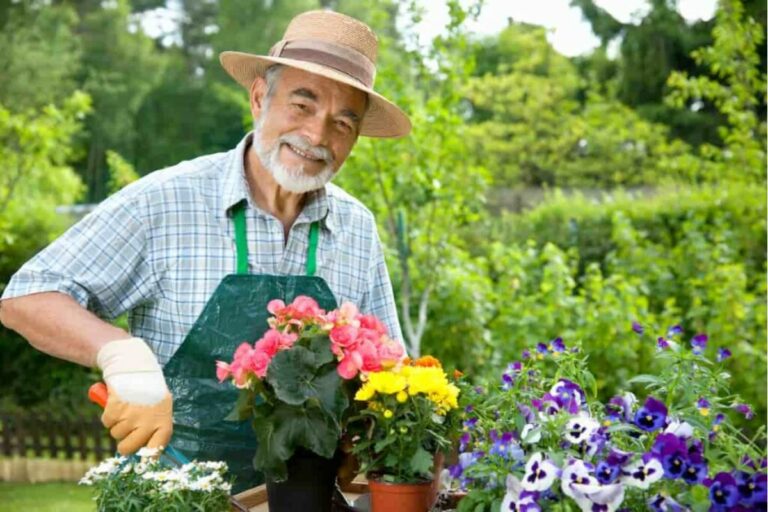The Environmental Benefits of Sustainable Gardening
Greener Future for sustainable gardening is more than a trend; it’s a commitment to protecting our environment and preserving natural resources for future generations. By adopting sustainable practices, gardeners can significantly reduce their carbon footprint, conserve water, and promote biodiversity.
Sustainable gardening involves using organic materials, reducing chemical usage, and incorporating native plants, which are naturally adapted to the local environment and require less water and maintenance.One of the main benefits of sustainable gardening is the reduction of chemical pollutants.
Traditional gardening often relies on synthetic fertilizers and pesticides, which can leak into the soil and waterways, harming wildlife and human health. By switching to organic fertilizers and natural pest control methods, gardeners can maintain a healthy ecosystem and protect local water sources.
Water preservation is another crucial aspect of sustainable gardening. Techniques such as mulching, drip irrigation, and rainwater harvesting can help reduce water usage. Mulching helps retain soil moisture, while drip irrigation gives water directly to the plant roots, minimizing evaporation. Rainwater harvesting systems collect and store rainwater, granting accessible and sustainable water for your garden.
Proven Techniques for an Eco-Friendly Garden
Creating an eco-friendly garden involves several solution techniques. Composting is one of the most effective methods, and it recycles kitchen and garden waste into nutrient-rich soil. Composting lessens the waste sent to landfills, enhances soil structure, enhances water retention, and provides plant nutrients.
Another technique is permaculture, a holistic approach to gardening that mimics natural ecosystems. Permaculture gardens are designed to be self-sustaining, with plants, animals, and insects working together to create a balanced environment. Fundamental principles include using perennial plants, creating diverse plantings, and integrating livestock or beneficial insects to control pests and enhance soil fertility.
Native plants play an essential role in sustainable gardening. Because they are adapted to the local climate and soil situations, native plants require less water, fertilizer, and maintenance.
They also provide essential habitats for local wildlife, including pollinators like bees and butterflies. When picking plants for your garden, consider selecting native species to promote a healthy, resilient ecosystem.
Explore More Gardening Tips and Ideas
- Growing Bonsai: Tips for Miniature Tree Enthusiasts
- Buying Bonsai: Tips for Selecting Your Perfect Tree
- Bonsai Potting: Essential Tips for Tree Care Success
- Bonsai Maintenance: Essential Care for Tiny Trees
- Mastering the Art of Shaping Bonsai: A Beginner’s Guide


